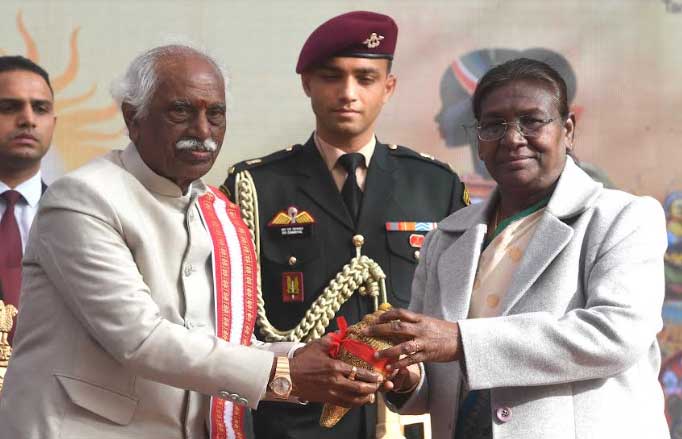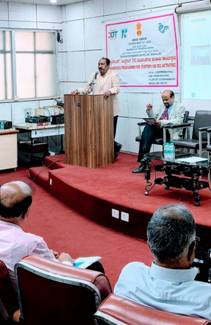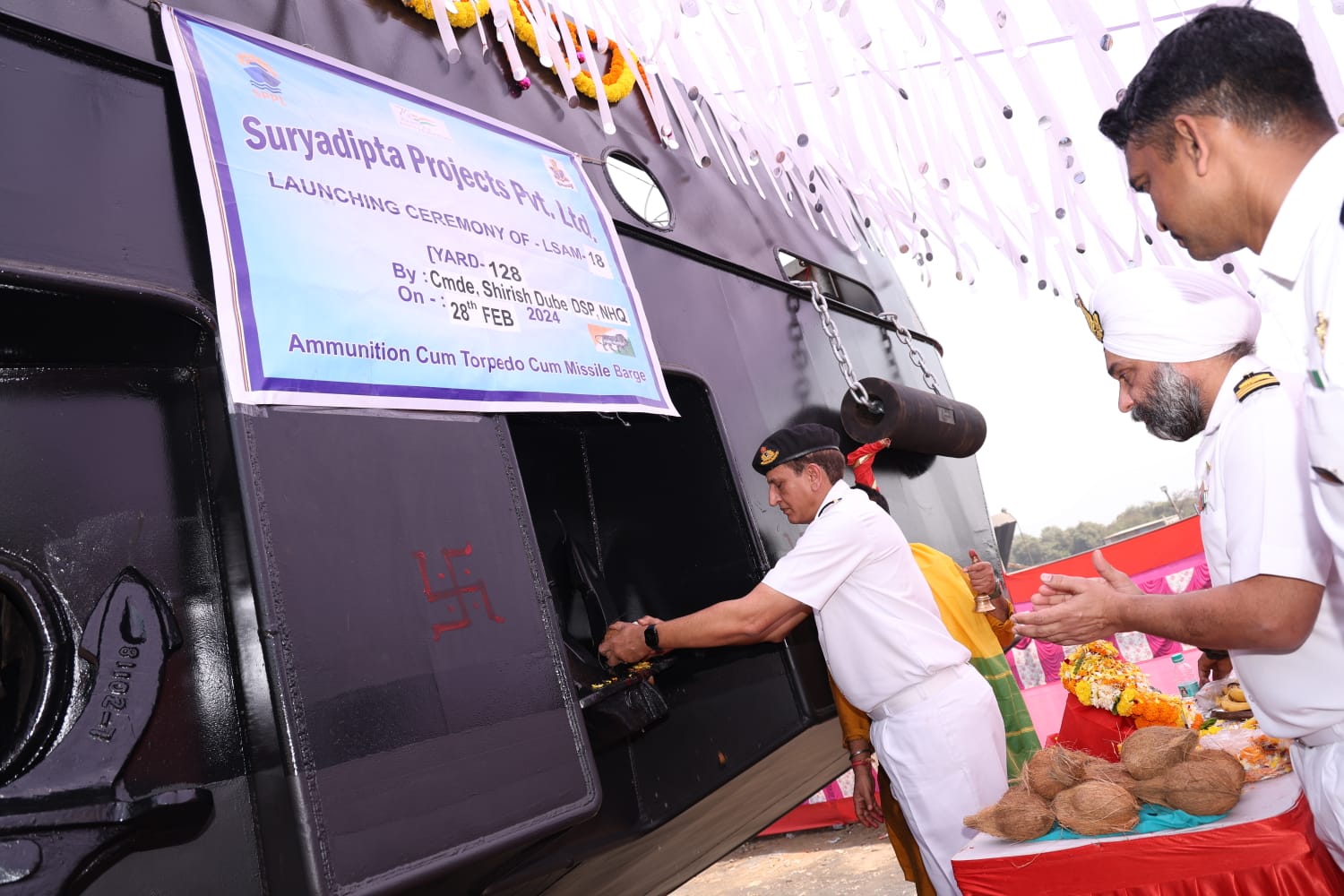Canada’s Immigration Minister, Marc Miller, responded to India’s External Affairs Minister, S Jaishankar’s remarks regarding the arrests of three Indians in the murder case of Hardeep Singh Nijjar. Jaishankar had criticized Canada for allowing individuals with criminal links to enter the country, but Miller rejected the claim, saying Canada is not “lax on immigration.”
 “We are not lax,” Miller stated in response to Jaishankar’s allegations. “The Indian foreign minister is entitled to his opinion, but it’s just not accurate.” Miller shared these thoughts during an interview with the Cable Public Affairs Channel (CPAC), expressing his disagreement with Jaishankar’s assessment.
“We are not lax,” Miller stated in response to Jaishankar’s allegations. “The Indian foreign minister is entitled to his opinion, but it’s just not accurate.” Miller shared these thoughts during an interview with the Cable Public Affairs Channel (CPAC), expressing his disagreement with Jaishankar’s assessment.
During his election rallies, Prime Minister Narendra Modi has repeatedly criticized the Congress party, accusing it of practising “vote-bank politics.” He asserted that Congress would potentially take reservations away from SC and ST communities to give them to Muslims. The Prime Minister emphasized that he would not allow reservations for Muslims based on religion if it would harm SCs, STs, and OBCs.
Meanwhile, Jaishankar had recently criticized Canada for welcoming individuals from India with links to organized crime despite New Delhi’s warnings. He also claimed that some pro-Pakistan groups in Canada had formed a politically influential lobby.
When asked about the visa status of the accused, Minister Miller declined to provide specifics due to the ongoing police investigation, instead directing such inquiries to the Royal Canadian Mounted Police (RCMP).
The three Indians in question were arrested in connection with the murder of Khalistani leader Hardeep Singh Nijjar, who was killed outside a Gurdwara in Surrey, Canada, in June 2023. The Canadian Prime Minister had previously alleged Indian involvement in the murder, which the Indian Foreign Ministry denied, calling it “absurd and motivated.”
The three Indian nationals charged with first-degree murder and conspiracy in Nijjar’s death—Karanpreet Singh, 28, Kamalpreet Singh, 22, and Karan Brar, 22—appeared in Surrey provincial court on Tuesday. If found guilty, they face a minimum of 25 years without parole. Moreover, if they are foreign nationals or permanent residents, they could face a deportation hearing by the Canada Border Services Agency upon release.




